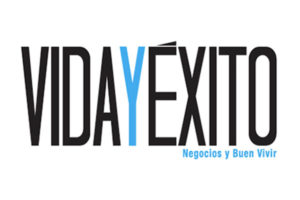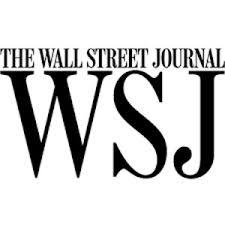 The U.S. quietly unsealed criminal cases against two former officials at Venezuela’s state oil monopoly this month as part of what American officials say is a new round of charges and sanctions against a Maduro government they accuse of systemic corruption, narcotrafficking and stealing billions of dollars in state funds.
The U.S. quietly unsealed criminal cases against two former officials at Venezuela’s state oil monopoly this month as part of what American officials say is a new round of charges and sanctions against a Maduro government they accuse of systemic corruption, narcotrafficking and stealing billions of dollars in state funds.
Prosecutors have also charged a businessman associated with the subsidiary of the company, Petróleos de Venezuela, SA (PdVSA), that the officials worked for.
Some of the actions have been delayed in part by the coronavirus pandemic. But senior U.S. officials say they are part of a Trump administration effort to double down on its pressure campaign against President Nicolás Maduro’s government after failing to deliver on its primary goal of ousting the regime.
Federal prosecutors in Miami, New York and Washington, D.C., are targeting what they allege is vast corruption in the country’s beleaguered petroleum sector and currency markets, state-aided narcotrafficking, and money-laundering through Venezuela’s military-run emergency food program.
They have charged dozens of defendants—many of whom have pleaded guilty in U.S. courts—and are continuing to probe alleged bribery and money laundering involving joint ventures with PdVSA, according to court documents and people familiar with the matter.
Those ventures involve some of the world’s largest energy companies, including Chevron Corp., Russia’s PAO Rosneft, China National Petroleum Co. Prosecutors didn’t allege any wrongdoing by the foreign oil companies. The foreign oil firms have minority stakes in the joint ventures; some have said they don’t control how their money is spent. Representatives for CNPC and Rosneft couldn’t be reached for comment.
“Chevron and our affiliates abide by a code of business ethics under which we comply with all applicable laws and regulations, and we expect our business partners to conduct business in compliance with these requirements as well,” a Chevron spokesman said.
On Friday, Miami prosecutors charged Leonardo Santilli, a Venezuelan citizen who controlled several companies working for the joint ventures, with money laundering in Miami and related offenses.
Mr. Santilli’s companies allegedly received nearly $150 million from the PdVSA subsidiaries between 2014-2017, according to court documents. More than $100 million of that was allegedly transferred to accounts, trusts and shell companies controlled by him and other Venezuelan individuals, prosecutors allege.
Mr. Santilli allegedly used millions of the funds to bribe senior officials in the Venezuelan military and government on behalf of the joint ventures, according to the court documents, which also allege that employees at Mr. Santilli’s companies tracked the payments in a spreadsheet, calling the transactions “comisiones,” or commissions.
Mr. Santilli couldn’t be reached for comment. Venezuelan officials didn’t respond to a request for comment.
Earlier this month, federal judges in Miami also unsealed charges against two state-oil company executives at one the of subsidiaries Mr. Santilli allegedly received money from, Lennys Rangel and Edoardo Orsoni. Both worked at Petrocedeno, a joint venture between PdVSA and French oil giant Total SA and Norway’s Equinor AS A. Representatives for Equinor and Total didn’t respond to requests for comment.
Prosecutors alleged Ms. Rangel, the venture’s former procurement officer, and Mr. Orsoni, former general counsel of both Petrocedeno and parent PdVSA, conspired to launder millions in bribe payments through the U.S., including by purchasing Miami condos. The bribes were allegedly paid to Ms. Rangel, Mr. Orsoni and other PdVSA executives to obtain lucrative contracts from Petrocedeno.
Both were charged in criminal informations, a method that often indicates a defendant is cooperating. The pair voluntarily turned themselves in and they were released on bail.
An attorney for Ms. Rangel didn’t respond to a request for comment. An attorney for Mr. Orsoni declined to comment.
Collectively, the U.S. actions are meant, in part, to publicly shame the Maduro government as a strategy to undermine its political support, help empower the U.S.-backed opposition government by recovering billions in stolen state assets, and disrupt the revenue that keeps the regime afloat and its allies financed, U.S. officials say.
Some former PdVSA executives estimate the governments of Mr. Maduro and his predecessor, Hugo Chávez, pilfered hundreds of billions of dollars through the state oil monopoly over the last two decades by allegedly exaggerating production figures, inflating contract invoicing and using hand-selected contracting firms that bribed officials, U.S. prosecutors and current and former Venezuelan officials say.
“Maduro has turned the country into the biggest money laundering operation in the Western Hemisphere,” said Carlos Paparoni, who heads the opposition government’s anti-money-laundering unit, in an interview.
U.S. officials were planning to announce new charges as soon as last week, but efforts to contain the coronavirus have disrupted the federal court system, according to people familiar with the matter. Officials were also concerned the announcement might be overshadowed by virus-related news, blunting efforts to “name and shame” Venezuelan officials.
The U.S. says virtually every major Venezuelan state institution has been used as a vehicle for laundering money stolen from the state, drug trafficking and other illicit operations. Those activities are so deeply rooted throughout the government, the U.S. says, that it has made Venezuela a major national security threat, including by aiding U.S. adversaries such as Iran, Hezbollah and Russia.
“Our sanctions are going to continue to ramp up,” said David Peyman, head of the State Department’s Counter Threat Finance and Sanctions division at a security seminar this month. Mr. Peyman said the U.S. is eyeing those who are helping the government in Caracas from outside Venezuela.
In another pending case, U.S. officials plan to allege Venezuela officials and their business associates planned to use oil contracting firms to embezzle $4.5 billion laundered mainly through accounts opened in Switzerland, Swiss court records show.
Investigators have also focused on Alejandro Betancourt, according to people familiar with the matter, a wealthy Venezuelan who hired President Trump’s attorney Rudy Giuliani and others to convince the Justice Department last year not to charge him. Mr. Giuliani couldn’t be reached for comment. An attorney for Mr. Betancourt, Jon Sale, said: “Mr. Betancourt is a legitimate businessman who has not violated any laws of the United States or elsewhere.”
In other cases, U.S. officials say prosecutors and law-enforcement agents are expanding a dragnet targeting the individuals and officials who allegedly used the country’s emergency food program to divert hundreds of millions of dollars into overseas accounts even as poverty and mortality rates soared. CLAP, as the program is called, is the main food source for an estimated 15% of Venezuelans, but a critical supplement for a far larger percentage of the population.
The U.S. last year took coordinated action against the alleged CLAP scheme when it indicted Colombian businessman Alex Saab, who is being investigated separately for laundering money for Latin American drug cartels, according to U.S. and Latin American officials. The families of Mr. Saab and a close associate were central in running the CLAP money-laundering operations, according to foreign intelligence provided to the U.S. and reviewed by The Wall Street Journal.
An attorney for Mr. Saab didn’t respond to requests for comment, though the businessman previously has rejected the corruption allegations as false.








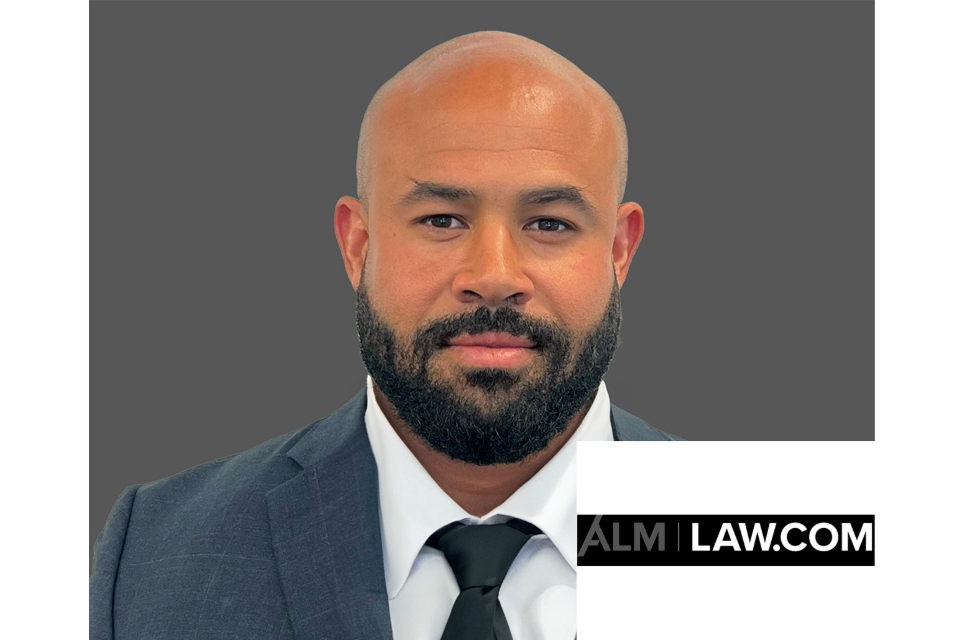



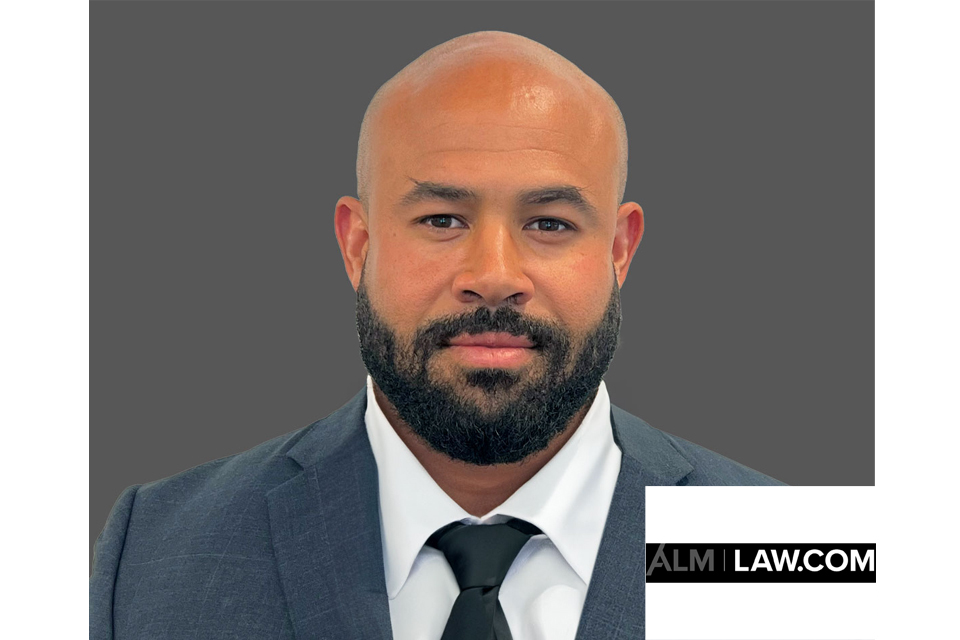

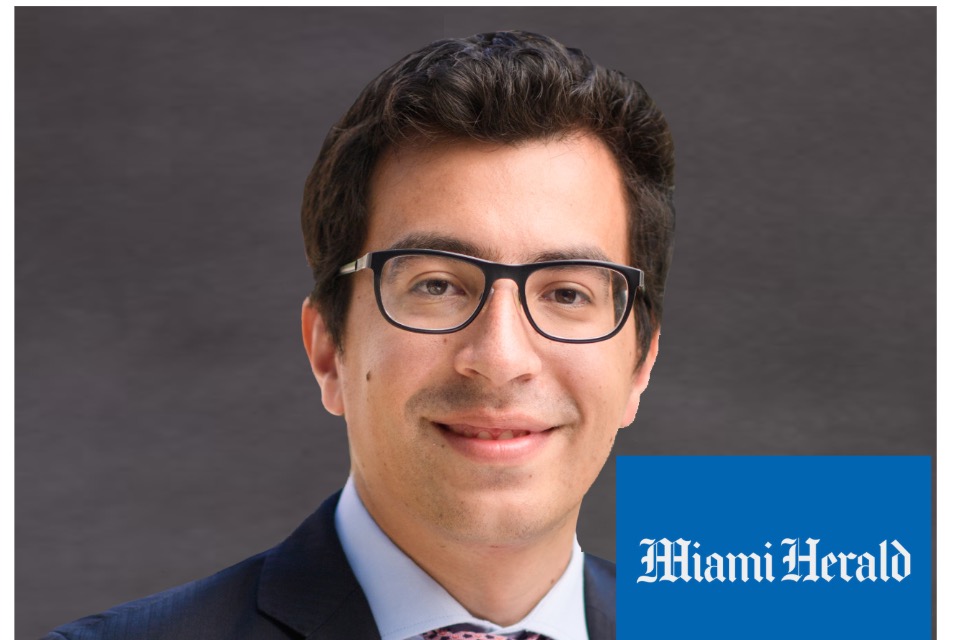




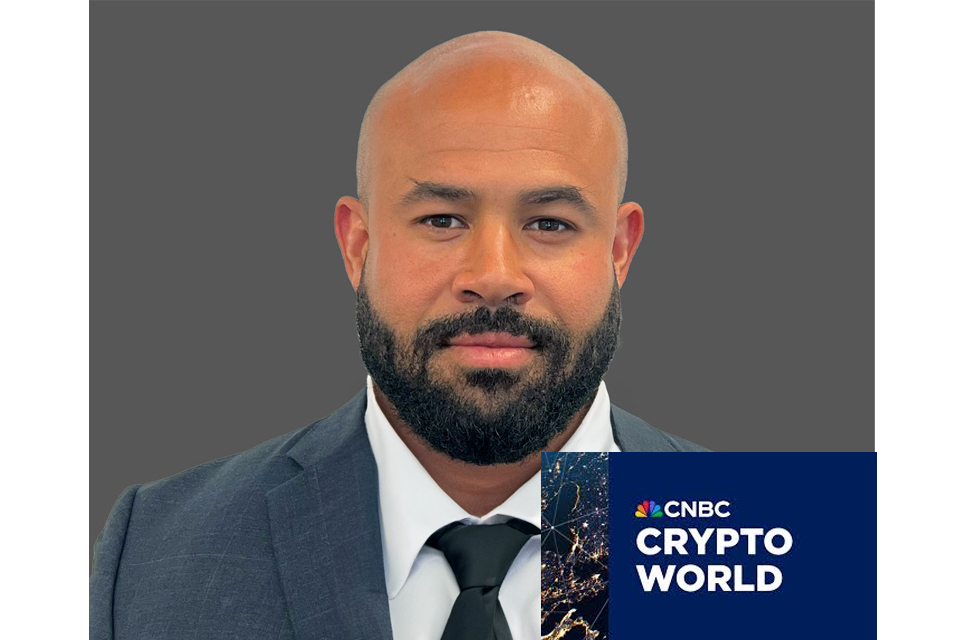



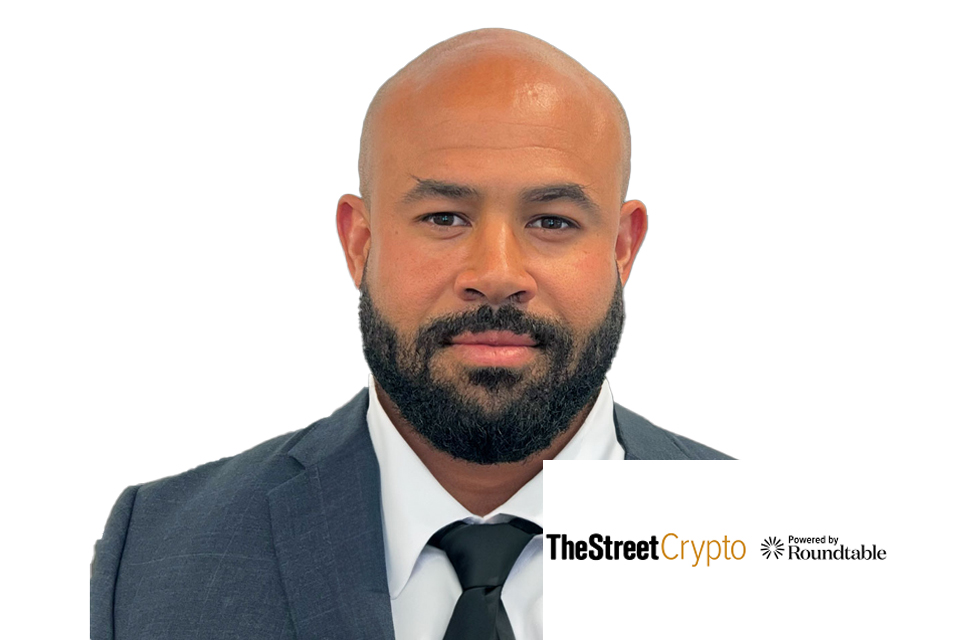












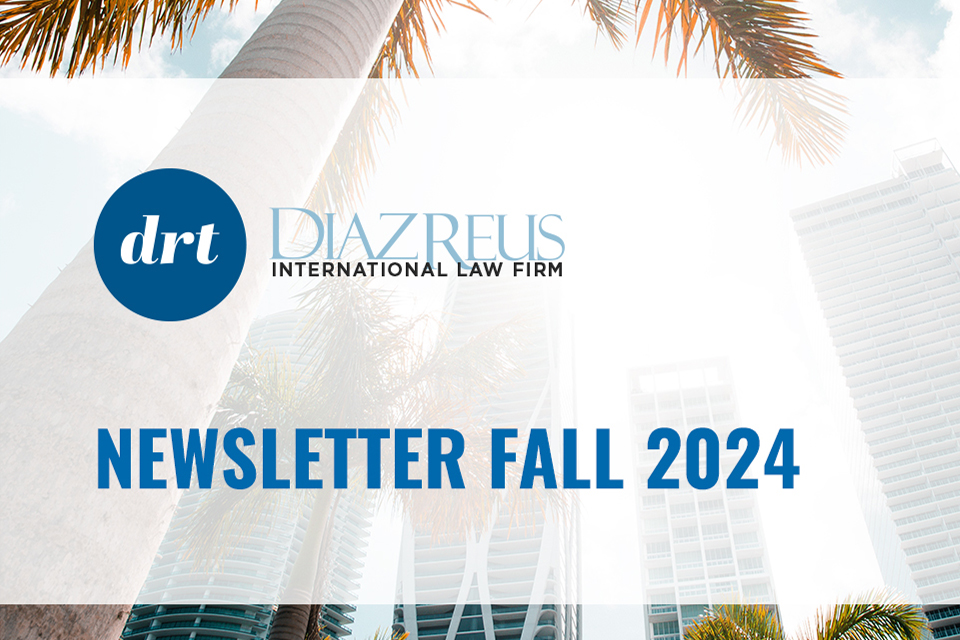


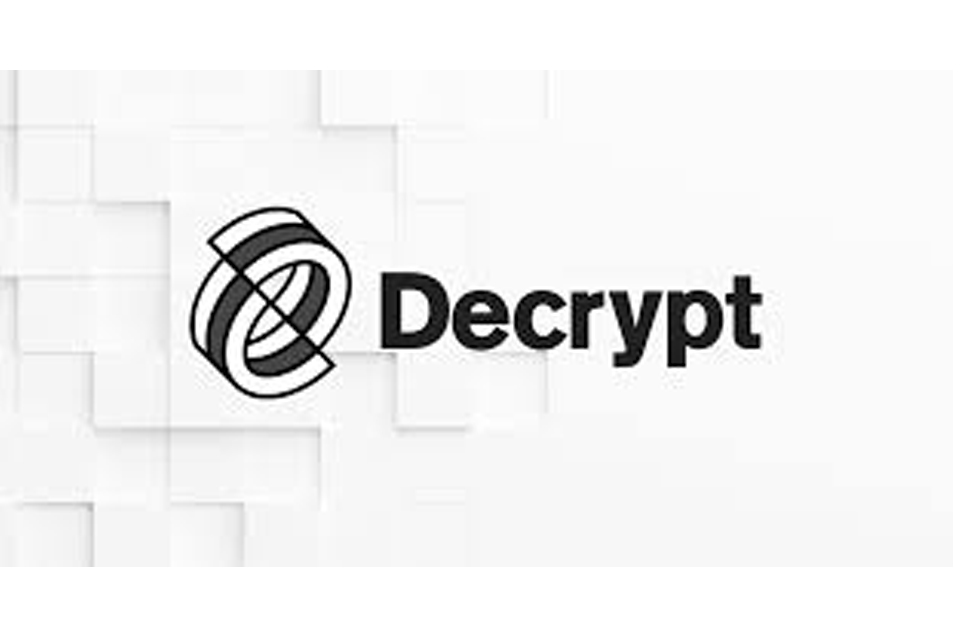


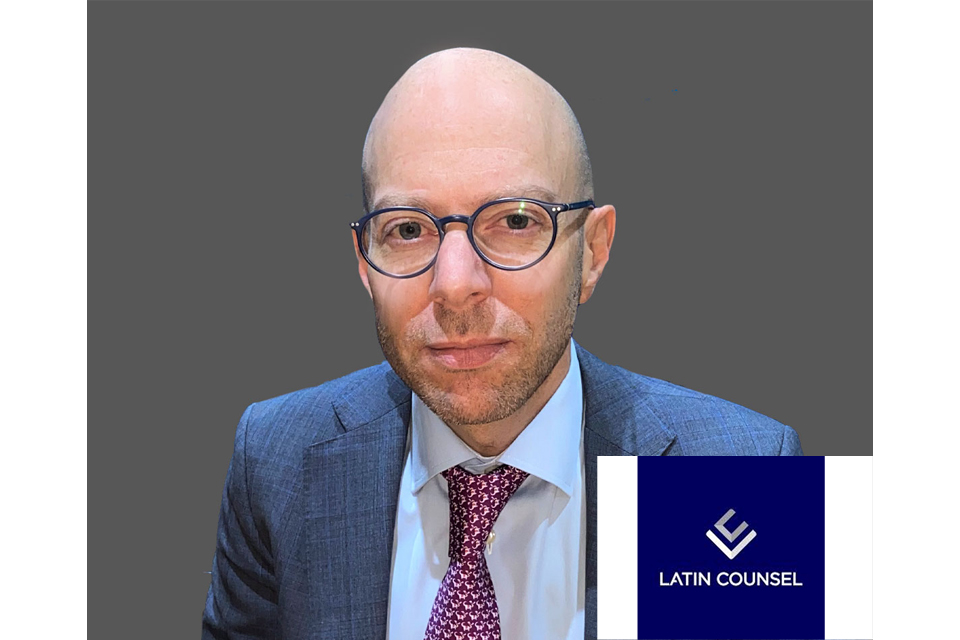






































![Especial abogados Salón de la Fama[61] 4](https://diazreus.com/wp-content/uploads/2023/06/Especial-abogados-Salon-de-la-Fama61-4-1-pdf.jpg)






























